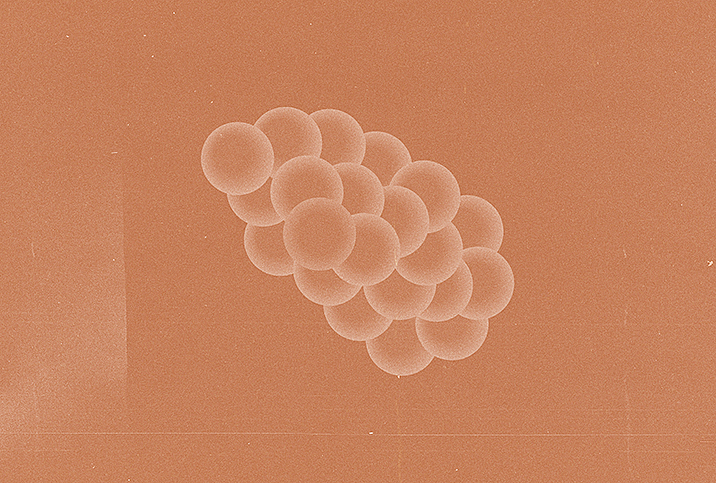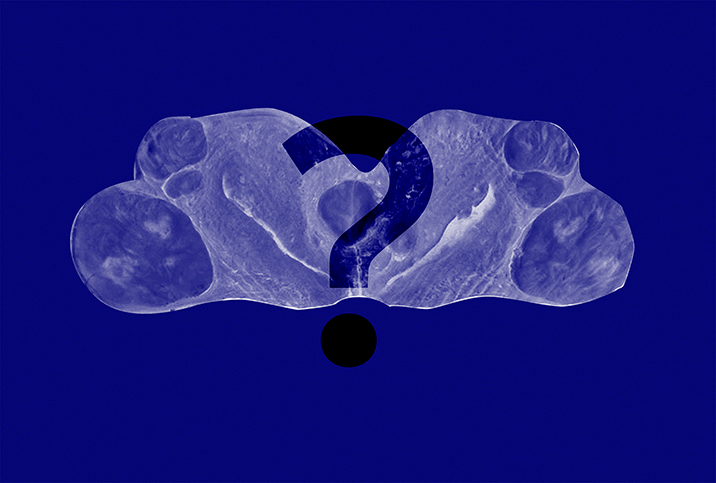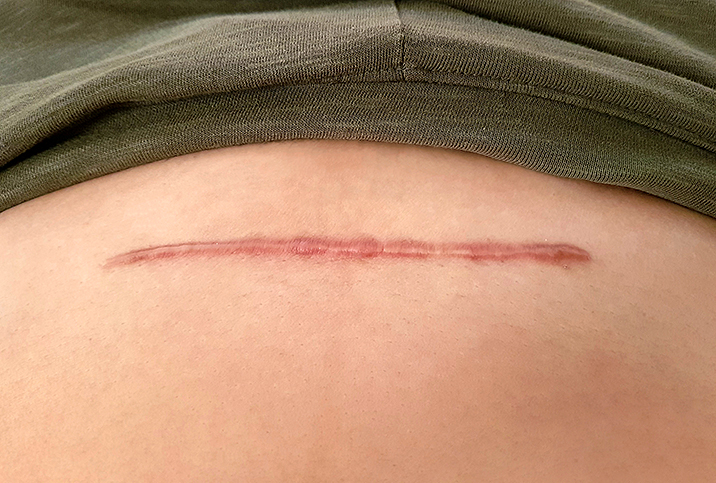The Fibroid Queen Weighs In: Nutrition Tips for Uterine Health

When Ruth Thaler-Carter was 40 years old, she was diagnosed with a fibroid tumor. She didn’t know that it would grow to be six pounds.
“My general practitioner did an ultrasound and found there was a growth in the uterus, and he just left it there,” Thaler-Carter said. “He didn't make any suggestions or recommendations.”
By the time she was 68, the tumor had grown to the size of a cantaloupe and had to be surgically removed.
“There aren't any medications that will make them actually go away,” she said. “The likelihood is that many of us can live with fibroids for years and never have them dealt with. But the more likely scenario is that over time they might reach a size where you have to have something done.”
Will diet prevent the need for surgery?
The St. Louis resident is a lifelong coffee drinker and meat eater, but if someone had shown scientific proof that changing her diet would have helped, Thaler-Carter said she would have at least tried to do so before surgery.
“I try to have a diet that's just generally healthy overall,” she said. “I've never had a recurrence, but I don't know if that's because I don't have a uterus anymore or if I’ve just been lucky.”
Thaler-Carter is among some 26 million women in the U.S. between the ages of 15 and 50 who have uterine fibroids, according to the National Center for Biotechnology Information. Symptoms include pelvic pain, heavy menstrual bleeding and frequent urination.
Surgery is a common method of intervention. A minimally nvasive surgery such as a myomectomy might be performed, but extreme cases may require a hysterectomy.
“Everything is connected in our bodies but once inflammation starts, the immune system is not as strong as it was, and it can start to allow the cells to create mutations. When cells create mutations, they are not as optimal as the original cell,” said Phyllis Frempong, an RN. “They cluster up and cause preclinical fibroids.”
Frempong, who is based in Houston, Texas, was a 26-year-old student attending nursing school when she was diagnosed with fibroid tumors.
The largest of four was nearly the size of a mango. But since then, Frempong, 38, has been able to eliminate one of the smaller fibroids, which was four centimeters, by changing her diet and following a regimen she created.
'The likelihood is that many of us can live with fibroids for years and never have them dealt with. But the more likely scenario is that over time they might reach a size where you have to have something done.'
“It’s the same regimen I use to help other women with their fibroids,” said Frempong, who is undergoing functional nutritionist training. “The largest fibroid tumor I have now is seven centimeters. It’s still there but 90% of my symptoms are gone. The only symptom I have is urinary frequency. I’ve had no removals and no surgeries.”
Frempong is known as the Fibroid Queen because she treats herself like a queen and encourages other women with fibroids to do the same.
“I help women with a personalized nutrition plan to help with symptom management, gut health and to improve their situation overall,” she said. “I also coach them mentally to help them recognize any emotional issues from their past that haven't been dealt with. All of those can be triggers for fibroids.”
Nutritional changes recommended by the Fibroid Queen
The Fibroid Queen advises her clients to consider making the following adjustments to their diet as a way to slow the growth of, and in some cases eliminate, fibroid tumors.
Limit dairy, such as milk and ice cream, because it is a major contributor to inflammation.
“Focus more on alternatives like almond milk, coconut milk, vegan cheese and other forms of foods that are not as inflammatory. Inflammation can impact the absorption of not only iron, which is a major trigger for women with fibroids because of heavy bleeding, but other, beneficial vitamins and nutrients,” Frempong said.
Eat more fruits and iron-rich vegetables such as kale and other greens.
“That will help with gut health as fibroids are a system-driven issue and it's just not one system,” she said. “It is multiple systems. So it can trickle off into your digestive system, central nervous system, your heart, blood pressure and elimination. Being able to eat more fruits and veggies can help calm the gut down and minimize inflammation.”
Eliminate or reduce alcohol use.
“Drinking alcohol will not help the condition,” she said. “It can cause vitamin deficiencies as well as inflammation in the body and toxins as the liver is the major organ that metabolizes alcohol out of the body. It is also the organ that metabolizes estrogen. So, you have a buildup of estrogen and then you're drinking. It doesn't help at all.”
Remember to consult with your doctor regarding the symptoms and severity of your uterine fibroids, and to explore treatment options together to reduce the likelihood of complications down the road.


















